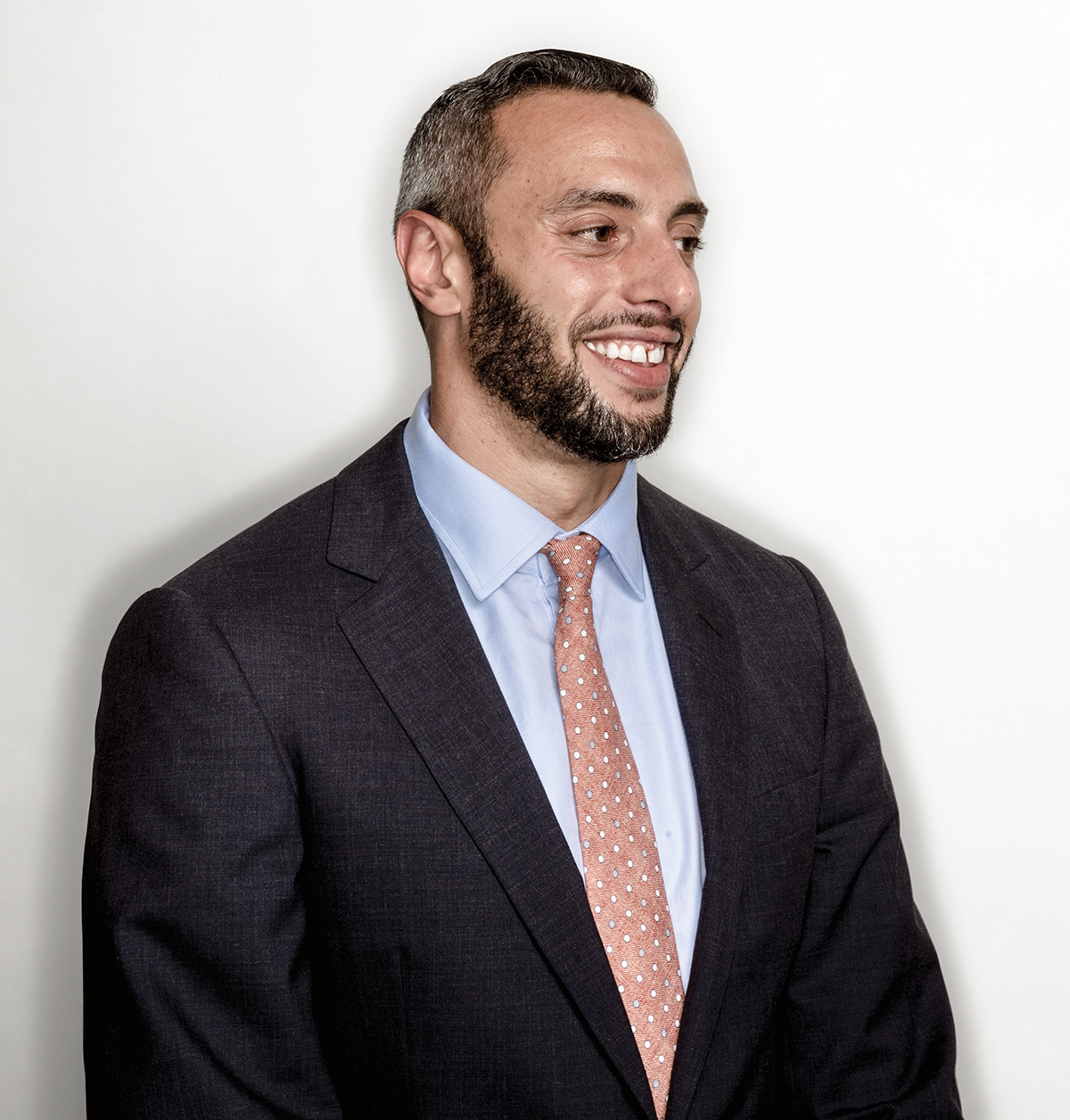Power of Ideas: Jascha Franklin-Hodge

Photograph by Toan Trinh
The Stats
Jascha Franklin-Hodge broke into politics as a volunteer for Howard Dean’s presidential bid, during which time he developed groundbreaking digital tools that simplified grassroots organizing and fundraising models and overhauled the modern campaign. Three years later, Franklin-Hodge’s digital-strategy company, Blue State Digital, built the Web platforms that would eventually process more than $1.6 billion in donations for the likes of Obama’s presidential campaigns, Partners in Health, and the One Fund. Since its launch, his company has handled more than 24 billion emails on behalf of more than 500 clients, which range from brands such as Google and Vogue to advocacy efforts like the “It Gets Better” campaign.
The Idea
This summer, Franklin-Hodge joined Mayor Marty Walsh’s administration to oversee Boston’s data-crunching strategy, a role that involves developing analytical tools that process information on the city’s 645,000 residents and handling the $26.6 million operating budget. Despite his ties to the White House, the lifelong Bostonian has always had a penchant for local politics. “I’m kind of a nerdy guy, and most of the time when I’m with my friends I won’t shut up about city issues or civic stuff,” says Franklin-Hodge, who jumped at the opportunity to help solve Boston’s problems, from permitting to parking tickets.
The Plan
Just a month into his job, Franklin-Hodge has already hosted Boston’s first hackathon, and has plans to relaunch the City Hall website and expand WiFi and broadband access. He’s also been tasked with implementing the mayor’s open-data policy, which encourages city departments to provide their data sets to researchers, software developers, and the public. “Jascha’s work at Blue State Digital helped the world understand that the Internet is not just about people’s social identity or their identity as consumers, but about people’s identity as citizens,” says Jennifer Pahlka, founder of the nonprofit organization Code for America. “It’s a trend we are seeing and want to see more of: entrepreneurs stepping up to leadership roles in city, state, and federal government to take seriously the business of making government work the way we need it to.”


